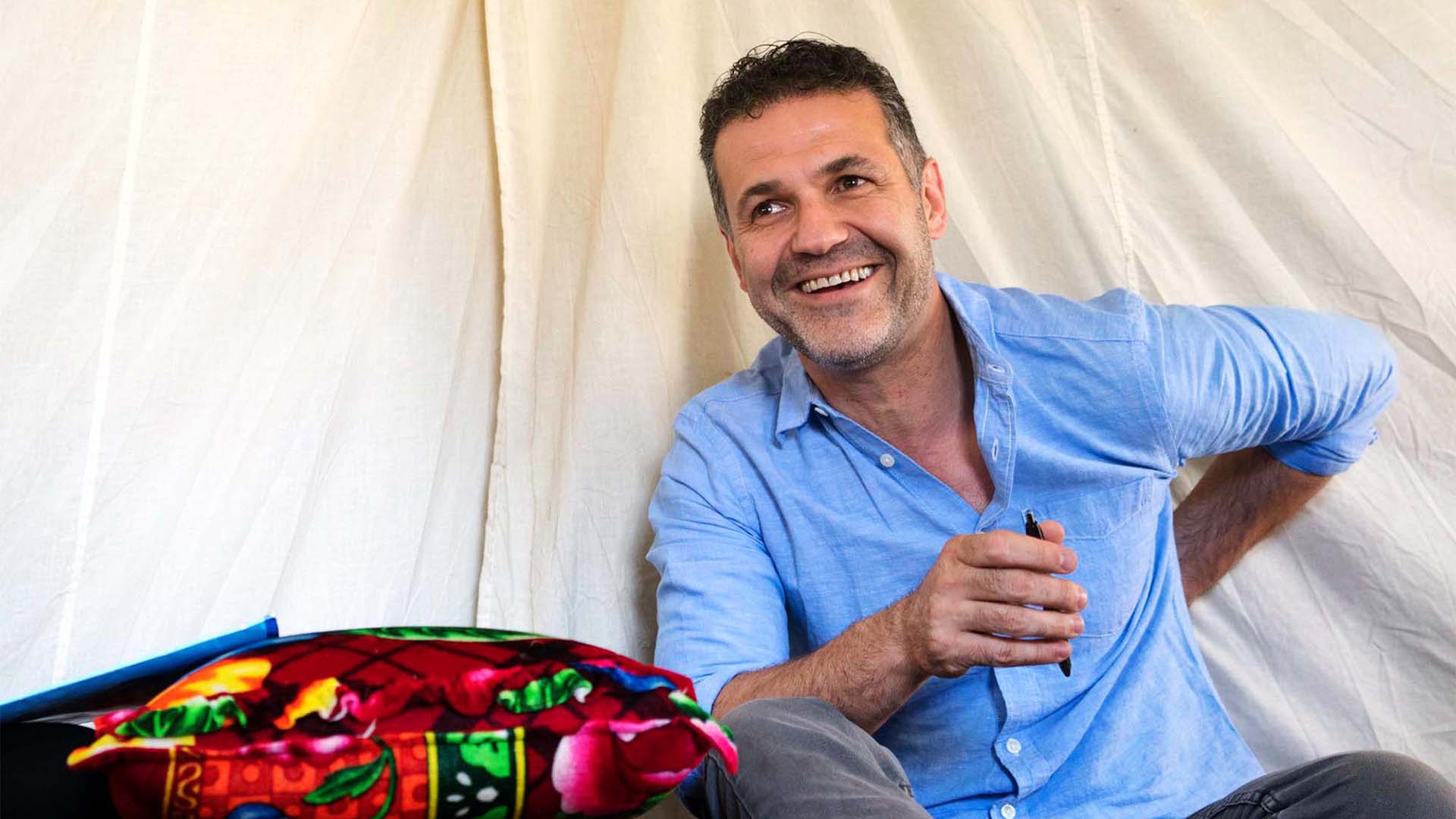Congolese refugees quit the Burundian capital and head for a camp
Congolese refugees quit the Burundian capital and head for a camp

BUJUMBURA, Burundi, May 4 (UNHCR) - The UN refugee agency is helping to move dozens of Congolese refugees who had been struggling to make ends meet in the Burundian capital, Bujumbura, to a camp in Giharo in the south-east of the country where they can get more help.
The first group of 67 refugees was transferred from the city on Wednesday. Most had fled from South Kivu in the Democratic Republic of the Congo (DRC) in late 2005 because of continuing violence and insecurity in the area. Unable to secure their basic needs in Bujumbura, the refugees asked to be moved to a refugee camp where they can benefit from the assistance provided by UNHCR and its partners.
Several dozen urban Congolese refugees have decided they would prefer to move from the city to camps. There are more than 18,000 Congolese refugees residing in urban areas who, although they have access to UNHCR's medical and legal assistance, are outside the loop of organised distribution of material assistance, and often are struggling to get by.
In all, there are some 30,000 Congolese refugees in Burundi. The majority fled the armed conflict in their country over the past eight years. The UN refugee agency is currently running two camps for Congolese refugees in Burundi - Gasorwe camp in Muyinga province, with some 7,800 refugees, and Gihinga camp in Mwaro province, with approximately 2,500 refugees.
The camps, managed by UNHCR in cooperation with national authorities and with the support of a number of partners, provide shelter for refugees as well as food, water, primary education, vocational training, health services, firewood and sanitation. But both have now reached their full capacity, so UNHCR approached the Burundian officials to seek an alternative location for shelter. The government recently identified Giharo, in Rutana province, as the new site. UNHCR is now developing the camp and Giharo will ultimately be able to receive up to 30,000 people.
A transit centre already exists at Giharo, and the 24 Congolese families who moved there yesterday will be accommodated there temporarily. Some 50 Rwandan refugees are also at the site.
The UNHCR operation in Burundi is the third largest in Africa, after Chad and Liberia. It covers a large repatriation and reintegration programme for more than 410,000 Burundian refugees - mostly in neighbouring countries - as well as programmes for Congolese refugees and more than 10,000 asylum seekers from Rwanda.
By Catherine-Lune Grayson in Bujumbura, Burundi








